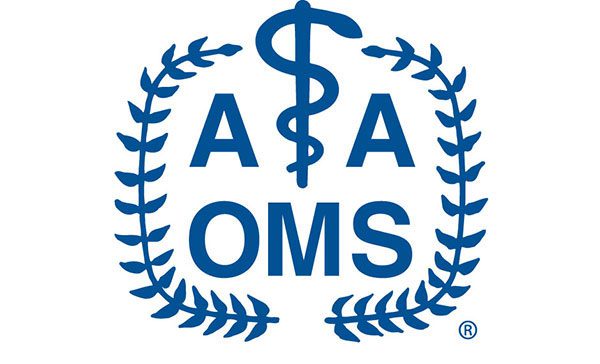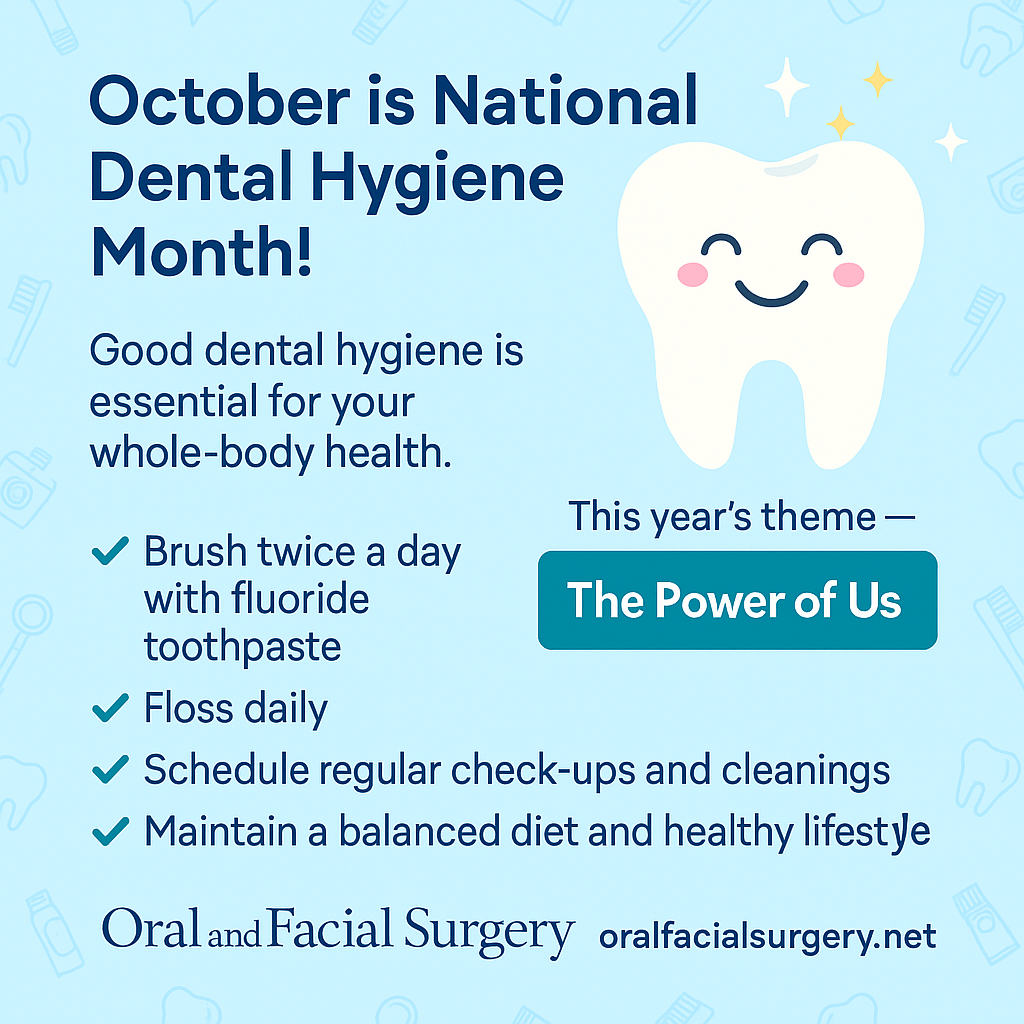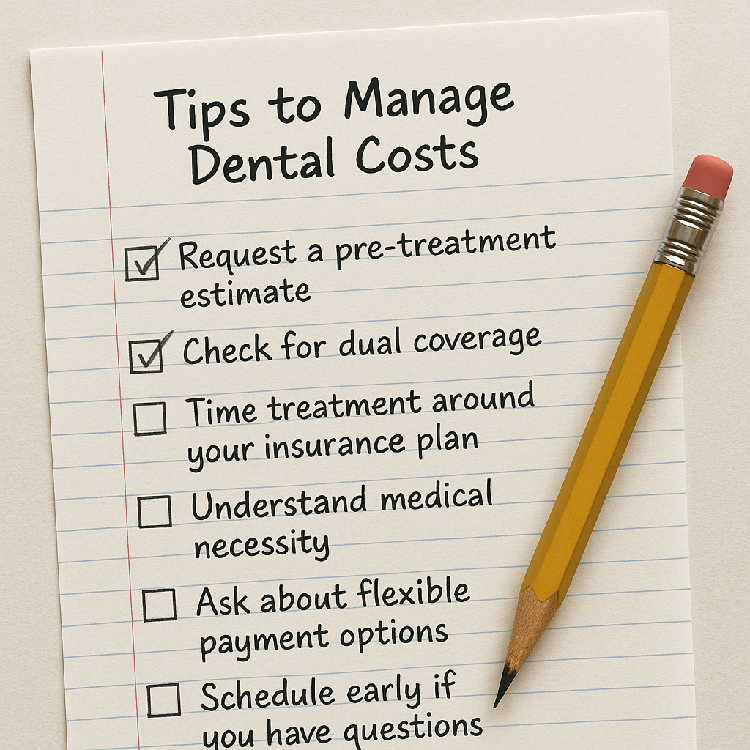
November marks TMJ Awareness Month, a time dedicated to improving understanding of temporomandibular disorders (TMDs)—conditions that affect the jaw joint, the muscles surrounding it, and how the jaw functions. While symptoms vary widely, TMDs can significantly impact daily life, from eating and speaking to sleep and overall comfort.
Why This Matters
Millions of Americans experience TMJ-related symptoms, yet many struggle to find clear answers or appropriate care. TMDs can be complex, involving the joint itself, surrounding muscles, or both. Symptoms may include:
- Jaw pain or pressure
- Clicking or popping sounds
- Headaches
- Ear discomfort
- Limited jaw movement
- Difficulty chewing
Because these symptoms overlap with other medical concerns, patients often go undiagnosed or receive incomplete information. Awareness helps patients recognize when it’s time to seek evaluation.
What Causes TMDs?
There isn’t a single cause. Jaw joint issues may develop due to:
- Teeth grinding or clenching
- Arthritis in the jaw joint
- Injury or trauma
- Disc displacement within the joint
- Bite or alignment changes
- Muscle tension or overuse
Understanding the underlying reason for symptoms is an important first step toward meaningful relief.
Evaluation Matters
As an oral and maxillofacial surgery practice, we evaluate a wide range of jaw-related concerns, from joint mechanics to muscle-related issues. Not every patient needs surgery—in fact, many people benefit from conservative approaches such as physical therapy, oral appliances, or behavioral modifications.
When symptoms don’t improve or when imaging is needed to assess the joint, a more specialized evaluation can help determine next steps.
What You Can Do This Month
TMJ Awareness Month is an opportunity to:
- Learn more about how the jaw joint works
- Pay attention to persistent symptoms
- Encourage friends or family who may be struggling to seek evaluation
- Reduce habits that strain the jaw, such as clenching, chewing gum, or poor posture
Small changes can make a meaningful difference.
We’re Here to Help
If you or someone you know is experiencing ongoing jaw discomfort, limited movement, or other symptoms associated with TMDs, we’re available for consultation and guidance. Our goal is to help patients understand their condition and explore appropriate options based on their specific symptoms and history.
Learn more about our dental services and schedule your consultation today. All of our surgeons at Oral and Facial Surgery are board-certified by the American Board of Oral and Maxillofacial Surgery and, with locations in Hagerstown, Maryland and Chambersburg, you’re sure to find an office nearby. Call us in Maryland at 301-791-1700 or in Pennsylvania at 717-264-7828. We look forward to answering your questions!
The information provided on this website should not be used to diagnose or treat any medical condition and is not meant to take the place of professional medical advice. If you think you have a medical problem, please seek the advice of a physician. Call 911 for all medical emergencies.







